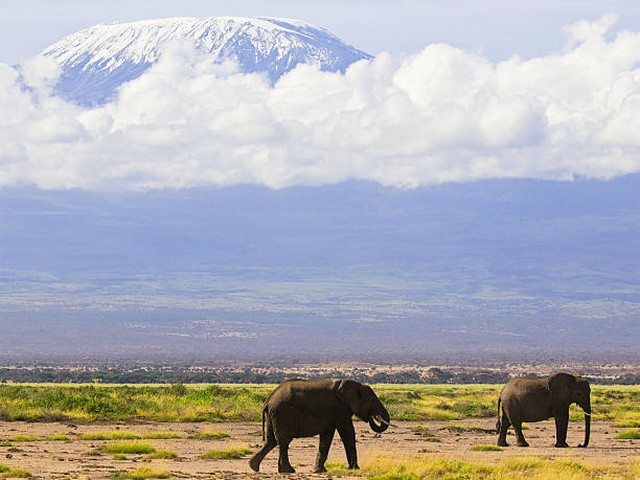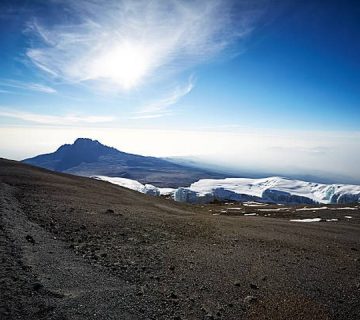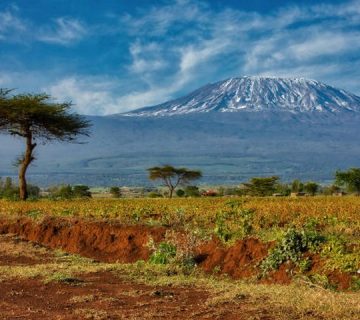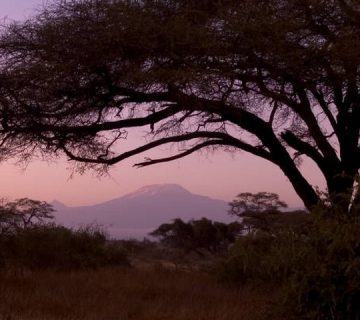Cultural Experiences for Solo Kilimanjaro Trekkers
Are you dreaming of scaling the majestic heights of Mount Kilimanjaro alone but wondering how to enrich your journey with authentic cultural encounters? Mount Kilimanjaro is not only a trekker’s paradise but also a vibrant cultural hub. At the Kilimanjaro Centre for Trekking and Ecotourism (KCTE), we understand that the journey is just as important as the destination. In this blog, we’ll explore the myriad of cultural experiences that await solo travelers on their Kilimanjaro adventure.
Why Cultural Engagement Enhances Your Trekking Experience
Trekking Kilimanjaro as a solo traveler gives you a unique flexibility to immerse yourself in local cultures in a way that group travelers might not experience. Engaging with local communities, understanding their traditions, and participating in their daily activities adds layers of understanding and appreciation to your adventure. It transforms a physical journey into a soulful exploration, connecting you deeply with the heart of Tanzania.
Before the Climb: Cultural Preparation and Local Insights
Learning Basic Swahili
Kickstart your adventure by learning Swahili, the lingua franca of East Africa. Basic phrases like “Jambo” (Hello), “Asante” (Thank you), and “Habari?” (How are you?) can go a long way in bridging the gap between you and the locals. KCTE offers pre-climb Swahili classes that you can join to enhance your communication skills.
Engage with Local Guides and Porters
Our guides and porters are not only experts in navigating the mountain but are also eager to share their culture and stories. As you prepare for your climb, take the opportunity to learn from them about the Chagga tribe, indigenous to the Kilimanjaro region, known for their rich history and farming techniques.
During the Climb: Experiencing Cultural Richness on the Slopes of Kilimanjaro
Village Tours
Opt for a route that incorporates a visit to a local village. This is a chance to witness daily life on the mountain slopes, engage with artisans, and perhaps participate in a traditional coffee ceremony. Understanding their way of life offers profound insights into the resilience and resourcefulness of the mountain communities.
Food as a Cultural Gateway
Taste the local cuisine that is as diverse as the landscapes you’ll trek through. Dishes like Ugali (cornmeal staple), Mchicha (Tanzanian spinach), and Ndizi Kaanga (fried plantains) are not only nourishing for your climb but are also steeped in cultural significance.
After the Descent: Post-Climb Cultural Immersion
Cultural Workshops
After your descent, participate in cultural workshops offered by KCTE. Whether it’s a drumming workshop, a traditional cooking class, or a batik making session, these activities provide a relaxed yet engaging way to conclude your adventure.
Community Projects
Engage in community projects that give back to the local communities. Whether it’s assisting in a local school or participating in environmental conservation efforts, contributing to the welfare of the communities around Kilimanjaro brings a fulfilling sense of completion to your trek.
Explore Nearby Attractions
Extend your stay to visit other cultural sites around Kilimanjaro. The Marangu Cultural Tour, for example, offers insights into local history and life. Visiting Lake Chala or the Materuni Waterfalls can also be a serene way to reflect on your journey.
Why Choose Kilimanjaro Centre for Trekking and Ecotourism (KCTE)?
At KCTE, we don’t just guide you up a mountain; we offer an immersive journey into the heart of Tanzania. Our expert local guides are committed to providing safe and enriching experiences that honor our heritage and traditions. By choosing KCTE, you’re not only ensuring a memorable and safe climb but also engaging with Tanzania in a meaningful and respectful way.
Frequently Asked Questions
Q1: Is it safe to trek Kilimanjaro solo?
Absolutely! With KCTE, your safety is our priority. Our guides and porters are highly experienced, and we ensure all solo trekkers feel confident and supported from start to finish.
Q2: How can I participate in community projects?
We have partnerships with various local community projects. Once you book your climb, let us know your interest in community engagement, and we will facilitate your participation in ongoing projects.
Q3: What is the best time of year to experience cultural activities around Kilimanjaro?
Cultural activities are available year-round, but the best time to visit for both favorable trekking weather and cultural experiences is during the dry seasons from June to October and January to March.
Q4: Can I customize my trek to include more cultural interactions?
Yes, at KCTE, we pride ourselves on creating tailored experiences. We can adjust your itinerary to include more cultural interactions based on your interests.
Embarking on a solo trek to Kilimanjaro opens up a world of possibilities not just to conquer a mountain but to truly connect with the soul of Tanzania. Let Kilimanjaro Centre for Trekking and Ecotourism (KCTE) be your partner in this journey of discovery. Book your climb with us today and prepare for an adventure that goes beyond the ordinary, into the heart of Tanzania’s cultural landscape.




